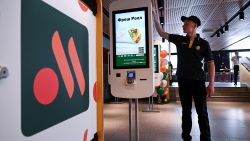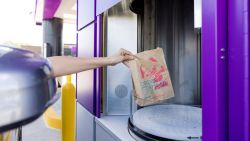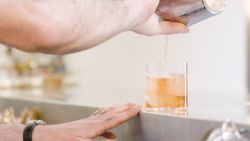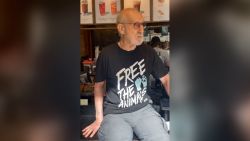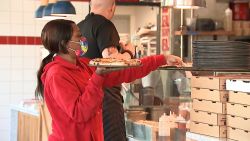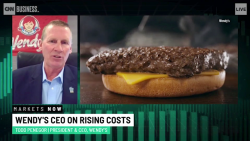Starbucks is opening near a coffee-free campus in Provo, Utah.
The new coffee shop will be just steps away from Brigham Young University, which instructs its students not to drink coffee and tea. The chain is opening a 2,400-square-foot cafe in spring 2020 where “customers will also be able to enjoy art created by local artists in the community.”
It may seem like an unusual move for the coffee chain, but the area that Starbucks (SBUX) is expanding into is a rapidly growing tech hub. Nicknamed the “Silicon Slopes,” Provo’s tech employment market has grown roughly 65% since 2010, according to a Cushman & Wakefield’s Tech Cities 2.0 report published last year.
“As our first location to open in Provo, we are thrilled to become a part of the neighborhood and serve as a gathering place for citizens of the community,” Starbucks said in a statement.
The coffee chain chose a unique spot next to BYU, which abides by an honor code that says students should “abstain from alcoholic beverages, tobacco, tea, coffee, and substance abuse.”

BYU is owned by the Church of Latter-day Saints, which religiously prohibits members from drinking alcohol, coffee and tea. Still, the campus began selling caffeinated soft drinks in 2017.
BYU and the Church of Jesus Christ of Latter-day Saints declined to comment.
Tea and coffee are two of Starbucks’ main offerings, but the coffee chain also carries juice, water and food. It’s also been looking to enter into new areas as part of a broader growth strategy.
Last year, Starbucks said that it wants to expand in US regions where there are fewer locations.
“All of the space in middle America, in the Midwest and down through the South, is wide open,” CEO Kevin Johnson said during the Oppenheimer Consumer Conference in June of last year. “A large proportion of our new store growth are going in the areas where we are under-penetrated,” he said at the time.

The tactic can help Starbucks prevent cannibalization, when one location steals customers from another.
Starbucks may also be able to attract customers who don’t drink tea or coffee with its “third-place” promise. The company aims to be a third place, after work and home, where people can spend time and socialize. It codified that policy last year.
— CNN’s Dylan Miettinen contributed to this report.





